GSAS Awards Seven 2019 University Prize Instructorships
May 2, 2019
Simon Goodacre | Graduate School of Arts and Sciences
The Graduate School of Arts and Sciences (GSAS) has awarded seven University Prize Instructorships to doctoral students in Anthropology, Mathematics, Music Theory and Composition, Near Eastern and Judaic Studies, Neuroscience, and Psychology. Recipients will receive $6,000 to design and teach their own courses for undergraduate students.
Applicants for the University Prize Instructorship submit their courses for review by a faculty committee and are evaluated based on their syllabus, recommendations letters and teaching fellow evaluations. Their department chairs determine whether the proposed courses will be a worthwhile addition to the department’s existing course lineup.
The development of teaching skills is an important part of an education at GSAS, and this award is intended to enhance the school’s commitment to pedagogy. "The University Prize Instructorship is a win-win for Brandeis," says Eric Chasalow, Dean of the Graduate School of Arts and Sciences. "Not only does it provide our graduate students with an exciting resume-building opportunity, but the award enables the University to offer novel courses for our undergraduates taught by instructors who have already demonstrated a talent in the classroom."
Read about the courses and recipients below:
African Epistemologies
This course invites students to ask how a single fundamental question—how do we come to know about the world and ourselves?—changes across multiple contexts. Looking specifically at case studies drawn from Africa south of the Sahara, we will explore various ways in which people construct knowledge, whether traditionally defined as religious, scientific, or experiential, and consider how these play out in everyday social life in African societies. Although many of our sources come from anthropology and ethnography, the class will be a chance to explore other disciplinary epistemologies as well, with selections from other social sciences, philosophy, literature, and film. We will conclude with an exploration of the global politics of knowledge by considering how certain philosophies or cultural practices move from one part of the world to another and develop new meaning as they do so, such as the movement of African ideas to other continents. Overall, the class should serve as an opportunity for all of the participants to develop a deeper understanding of African social life and to take a serious look at alternative ways of knowing about the world and what it means to be human.
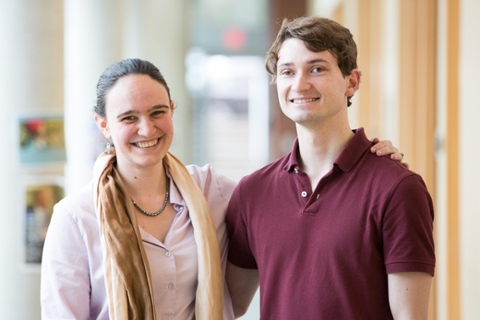
Puzzles, Games, and Graphs
This course will teach the connection between Graph Theory and puzzles and games. Graph Theory is an abstract branch of mathematics, which can be used to solve many real-world problems. A graph is any network of vertices and connections between them. For example, a subway map can be viewed as a graph; the "vertices" are the subway stops and the "connections" are the lines that join adjacent stops. This type of structure pops up in many places, and once you understand the abstract concept of a graph you can solve questions like, "how do we find the shortest path from X to Y" or "how long would it take to visit every subway stop?". Many puzzles and games lend themselves to this kind of framework. Some of the games we will discuss include Monopoly, Chutes & Ladders, and Chess. Here is a chess puzzle: can you move a knight from one corner of a chessboard to the other using only the standard L-shaped knight moves? How many moves does it take? This is another question that can be solved by setting up the appropriate graph. The hands-on nature of Graph Theory lends itself to a problem-solving approach, and this course will implement a team system to facilitate problem solving and collaboration. The course will be open to non-majors, with the only pre-requisite being some exposure to abstract mathematics beyond calculus (Linear Algebra).

Audio Culture and Digital Sound Production
This course covers a diverse range of topics related to the cultural history, politics, poetics, ethics, and science of how we listen and make sound. Drawing from the emerging, interdisciplinary field of “sound studies,” it will focus mostly on recorded sound and digital audio. The class will lie at the intersection of art, technology, and the humanities, seeking to investigate the listening and sound-making experience from multiple angles. Students will learn to use the tools of humanities scholarship (reading, research, and writing) while also acting as sound creators, producing original digital audio work. These two perspectives on sound, artistic and scholarly, will run parallel throughout the course. Alongside discussions and readings related to various critical concepts, students will also be having in-class workshops to develop the necessary technical skills to deal with digital audio production. In the final project, students will have the opportunity to bridge the gap, creating a multimodal, experimental research project on a topic of their choosing.
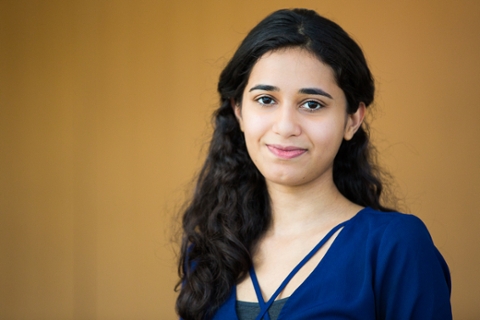
The State and the Individual
From voting, to travel, to social security, our basic rights are determined by how we relate to a state. But who belongs to the state and who gets to claim these rights? In “The State and the Individual,” we will unpack terms like “citizen”, “national”, “refugee”, and “indigenous” through theory, law, and historic case studies to understand the different relationships between states and people. Formal definitions and legal terms get used to categorize humanity and deserve a critical and systematic study. Yet our understanding would be incomplete without case studies that showcase the complexities and limitations of those definitions. The goal of the course is to help students appreciate the tension between the theory and practice of membership in the modern state.
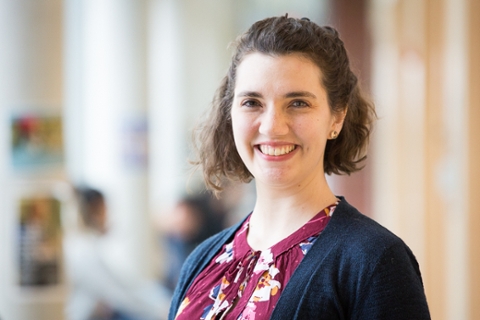
Gender, Sex, and the Family in the Ancient Near East and Beyond
In the ancient world, the family was a critical site for the construction of gender, sex, and sexuality of its members. This course will explore how identities such as father, mother, and child were constructed in ancient discourse. We will use feminist and queer perspectives to unpack texts (both written and visual, such as art and archaeology) from the ancient Near East, the Greco-Roman world, the Hebrew Bible, and the New Testament. I hope that this course will enable students to think critically about the identities of mother, father, and child, which are often accepted as stable and universal.
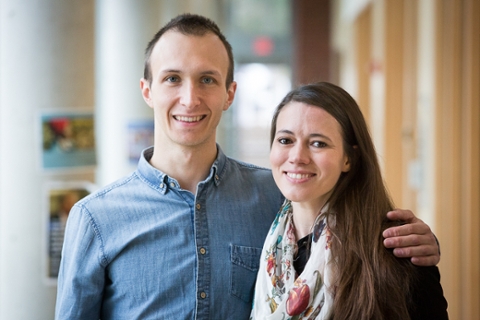
The Neurobiology of Reward and Addiction
This course will touch on the fundamentals of reward and addiction in the brain at multiple scales, ranging from molecular and synaptic mechanisms to anatomy, physiology, and behavior. Students will learn to use this knowledge to interpret primary literature findings to gain an understanding of some of the long-term brain changes following drug addiction/dependence. We will critically examine the interpretation of results with an emphasis on what model organisms are able to tell us about this incredibly complex human condition. Students will develop the skills and confidence to read for a full understanding of results presented in scientific papers. By the end they will be able to synthesize and contextualize class readings within the larger picture of the reward and addiction field.
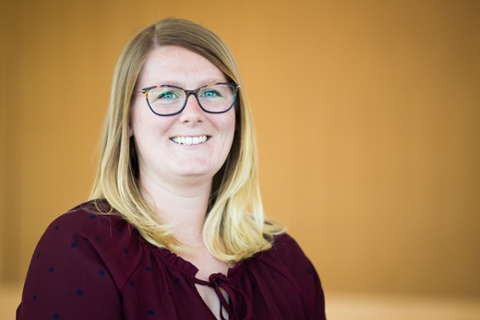
Exploring Sleep: Interdisciplinary Perspectives
We spend 1/3 of our lives sleeping, though, for most of us, sleep is a mystery. This class will take an interdisciplinary approach to understand sleep, examine scientific research that explores different theories about why humans sleep, what happens to the body and brain during sleep, and ways that sleep can be improved. The course will examine different reasons why humans spend so much time sleeping, from evolutionary (hiding from nighttime predators), to physical (restoring homeostasis and rebuilding muscles), and cognitive reasons (consolidating memories). This class will also explore how memory, decision making, and health can be affected by sleep deprivation. We will discuss how sleep changes over the life course, and how these changes in sleep relate to other aspects of aging.






